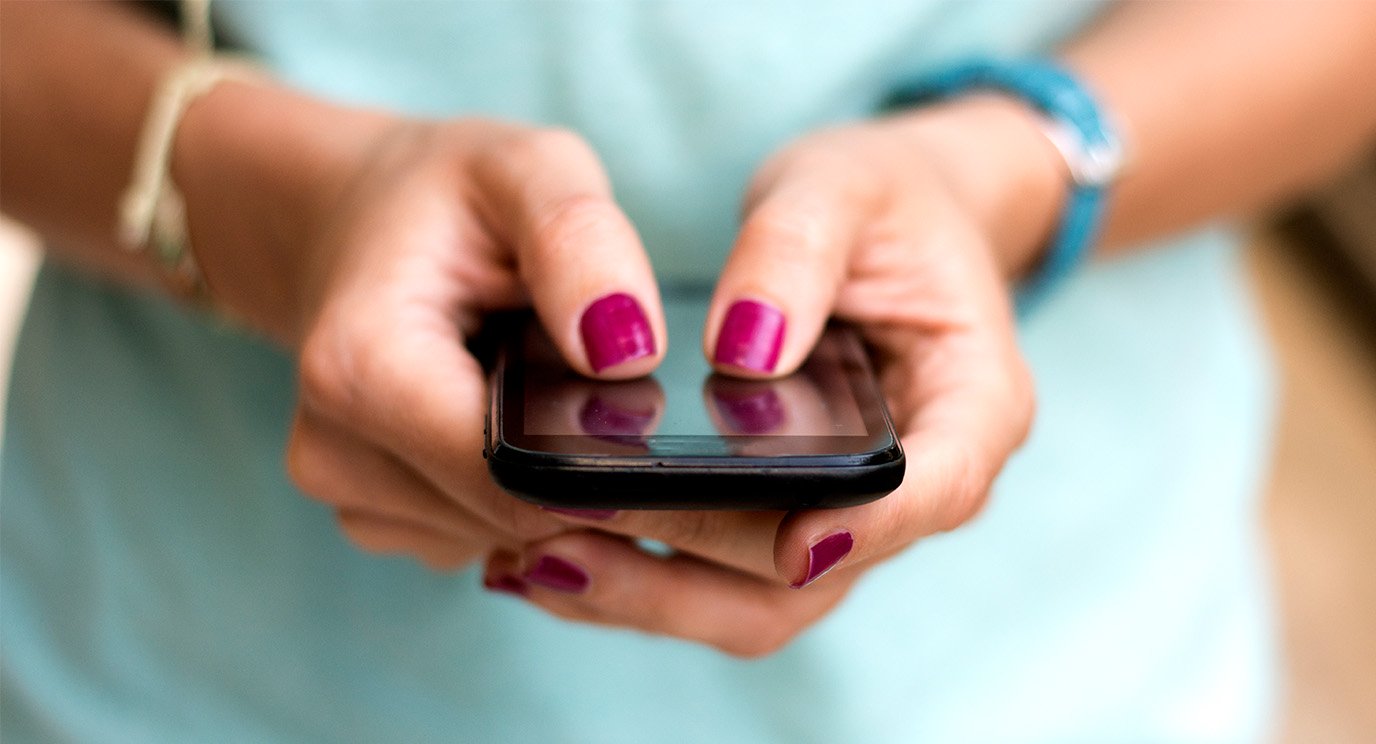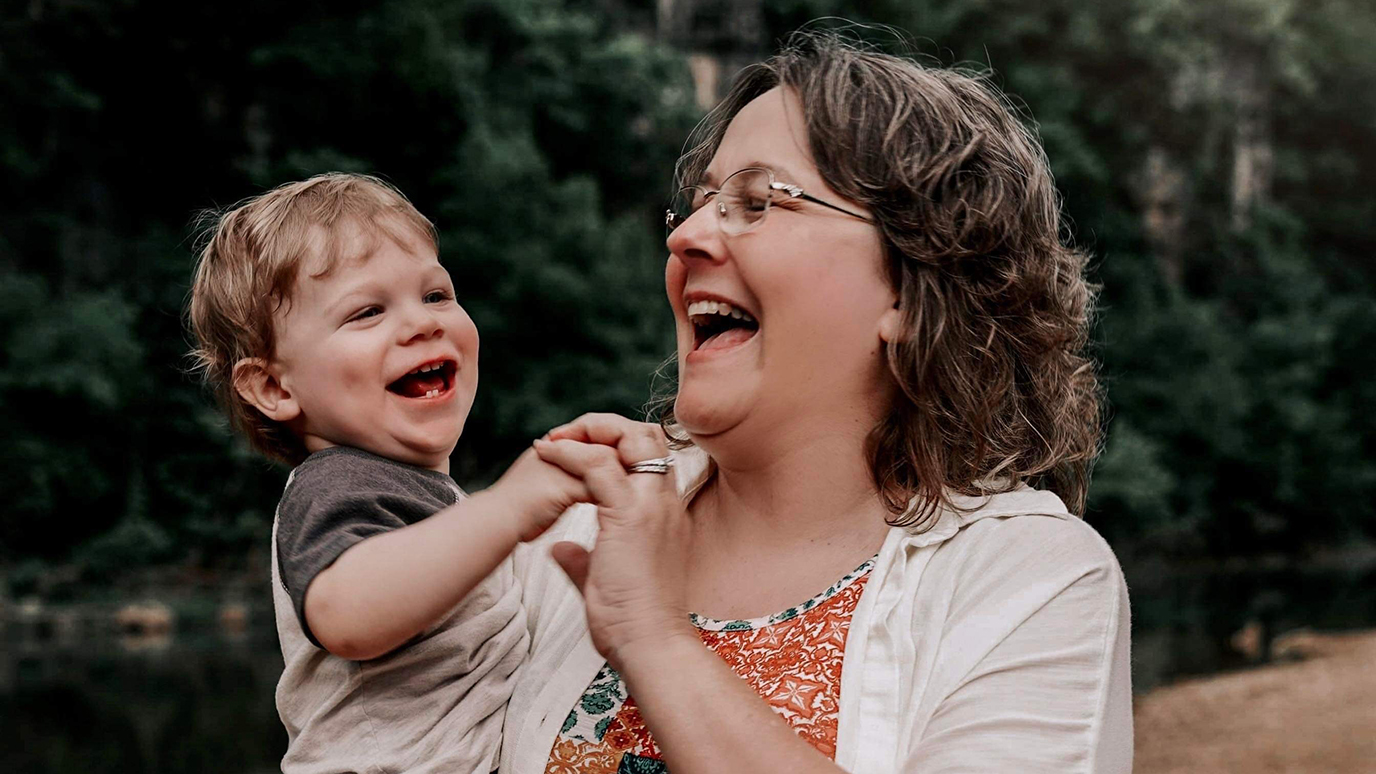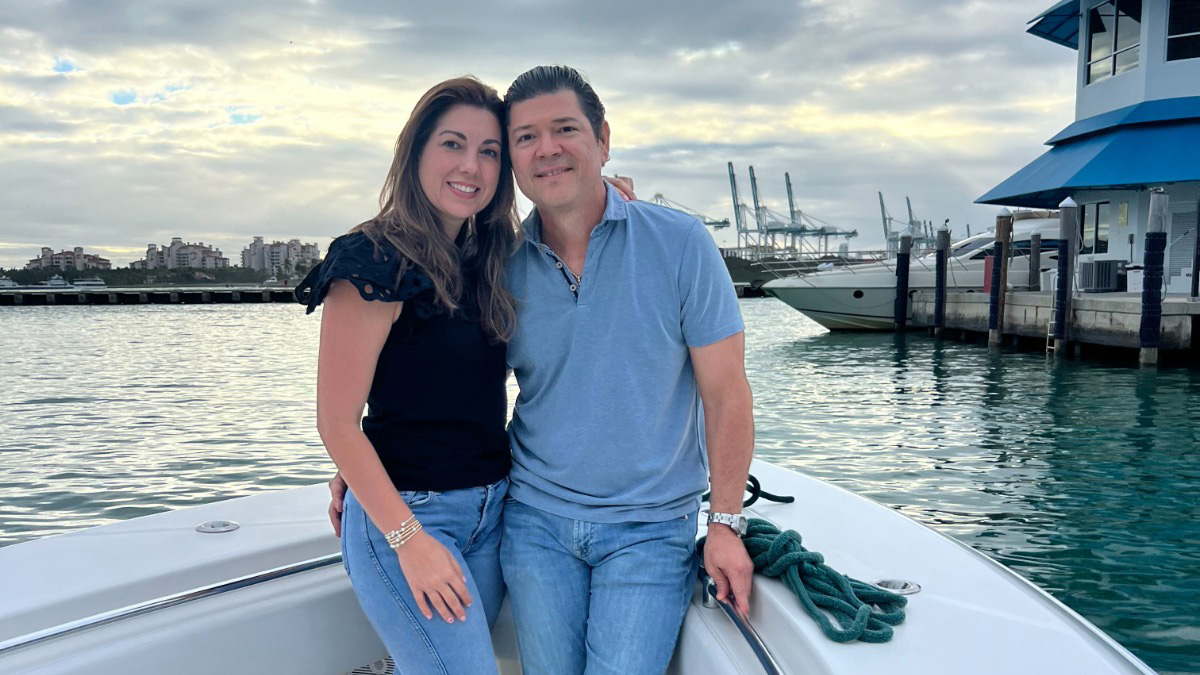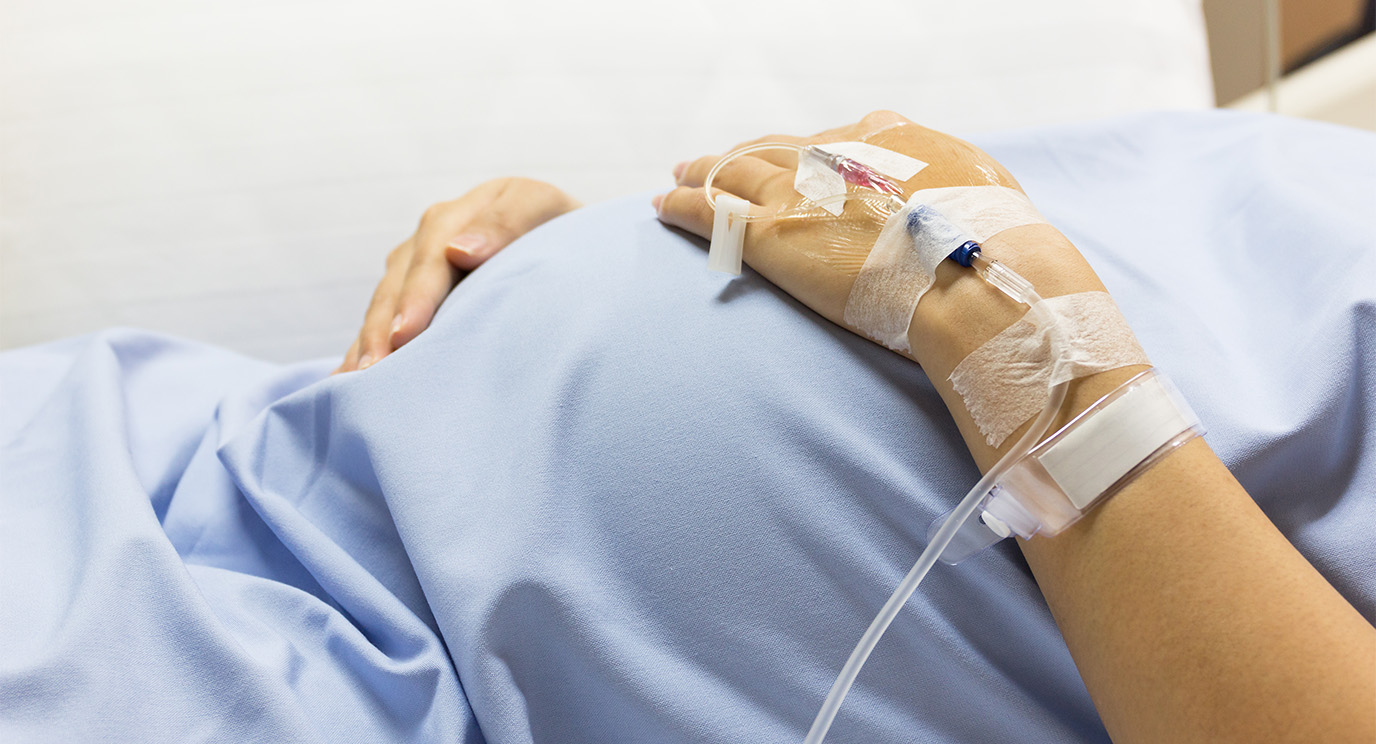- Diseases
- Acoustic Neuroma (14)
- Adrenal Gland Tumor (24)
- Anal Cancer (66)
- Anemia (2)
- Appendix Cancer (16)
- Bile Duct Cancer (26)
- Bladder Cancer (68)
- Brain Metastases (28)
- Brain Tumor (230)
- Breast Cancer (718)
- Breast Implant-Associated Anaplastic Large Cell Lymphoma (2)
- Cancer of Unknown Primary (4)
- Carcinoid Tumor (8)
- Cervical Cancer (154)
- Colon Cancer (164)
- Colorectal Cancer (110)
- Endocrine Tumor (4)
- Esophageal Cancer (42)
- Eye Cancer (36)
- Fallopian Tube Cancer (6)
- Germ Cell Tumor (4)
- Gestational Trophoblastic Disease (2)
- Head and Neck Cancer (6)
- Kidney Cancer (124)
- Leukemia (344)
- Liver Cancer (50)
- Lung Cancer (288)
- Lymphoma (284)
- Mesothelioma (14)
- Metastasis (30)
- Multiple Myeloma (98)
- Myelodysplastic Syndrome (60)
- Myeloproliferative Neoplasm (4)
- Neuroendocrine Tumors (16)
- Oral Cancer (100)
- Ovarian Cancer (170)
- Pancreatic Cancer (164)
- Parathyroid Disease (2)
- Penile Cancer (14)
- Pituitary Tumor (6)
- Prostate Cancer (144)
- Rectal Cancer (58)
- Renal Medullary Carcinoma (6)
- Salivary Gland Cancer (14)
- Sarcoma (236)
- Skin Cancer (296)
- Skull Base Tumors (56)
- Spinal Tumor (12)
- Stomach Cancer (60)
- Testicular Cancer (28)
- Throat Cancer (90)
- Thymoma (6)
- Thyroid Cancer (98)
- Tonsil Cancer (30)
- Uterine Cancer (78)
- Vaginal Cancer (14)
- Vulvar Cancer (18)
- Cancer Topic
- Adolescent and Young Adult Cancer Issues (20)
- Advance Care Planning (10)
- Biostatistics (2)
- Blood Donation (18)
- Bone Health (8)
- COVID-19 (362)
- Cancer Recurrence (120)
- Childhood Cancer Issues (120)
- Clinical Trials (628)
- Complementary Integrative Medicine (24)
- Cytogenetics (2)
- DNA Methylation (4)
- Diagnosis (230)
- Epigenetics (6)
- Fertility (64)
- Follow-up Guidelines (2)
- Health Disparities (14)
- Hereditary Cancer Syndromes (124)
- Immunology (18)
- Li-Fraumeni Syndrome (8)
- Mental Health (118)
- Molecular Diagnostics (8)
- Pain Management (62)
- Palliative Care (8)
- Pathology (10)
- Physical Therapy (18)
- Pregnancy (18)
- Prevention (898)
- Research (392)
- Second Opinion (74)
- Sexuality (16)
- Side Effects (604)
- Sleep Disorders (10)
- Stem Cell Transplantation Cellular Therapy (216)
- Support (404)
- Survivorship (322)
- Symptoms (184)
- Treatment (1776)
Breast cancer survivor: Don’t let COVID-19 keep you from getting your mammogram
5 minute read | Published July 14, 2020
Medically Reviewed | Last reviewed by an MD Anderson Cancer Center medical professional on July 14, 2020
As an MD Anderson employee, and someone who has worked in clinical research for many years, I know how important cancer screening exams are and the benefits they offer when it comes to early detection. Even being armed with this knowledge, I still skipped my mammogram for two years. I was guilty of doing what so many women do: focusing on caring for other people.
Thankfully, I finally scheduled a screening mammogram in 2019, and because I did, my breast cancer was caught at a very early stage.
You can’t put off your mammogram forever
Cancer has taken a lot of people I love within my immediate family: my father (leukemia), my grandfather (head and neck cancer), my uncle (glioblastoma) and this year, my baby brother, who was diagnosed with a very rare cancer. It was my brother’s third surgery that finally prompted me to schedule my mammogram. The day after his last surgery, I was sitting at my desk and realized how long it had been since I’d had a mammogram, so I made an appointment at MD Anderson’s Cancer Prevention Center.
It was easy and convenient to get my mammogram at MD Anderson. But when I learned the results were abnormal, I had a tough time dealing with the news. We had lost our home in Hurricane Harvey in 2017. In 2018, a good friend was diagnosed with ovarian cancer and my husband had a stroke. I was already in such an emotional place, and I felt like I couldn’t deal with one more thing. Still, I realized that I couldn’t ignore the abnormal result forever.
Breast cancer screening caught my cancer early
Based on that initial mammogram, MD Anderson asked me to come back for an ultrasound and then a biopsy. Because of all the cancer in my family, they recommended genetic testing, too. It turns out my cancer was random. I didn’t have the HER2 gene or any other genetic predisposition for cancer. The good news was it had been caught early and hadn’t spread to my lymph nodes.
I was diagnosed with grade I invasive ductal carcinoma in situ (DCIS). If I had waited another year to get my mammogram, there’s no telling what could have happened. It could have been much worse.
Doing my part for diversity in clinical trials during my breast cancer treatment
Because I’ve worked in clinical research for 26 years, including 12 years at MD Anderson, I know how very important clinical trials are, especially for minority ethnic groups, including African-Americans. Before my doctors even talked to me about my treatment options, I knew that if there was any type of clinical trial I could join, that’s what I wanted to do.
A lot of times, people don’t want to take the risk of joining a clinical trial; they want to go with the standard of care. But clinical trials are how we find new cancer treatments. Sometimes treatments work for one group of people and not another group, but the only way we know that is if a diverse group of people participate. Clinical trial enrollment among African Americans is particularly low, so it was very important to me to participate.
My radiation oncologist, Dr. Eric Strom, talked to me about a proton therapy clinical trial for breast cancer. I was excited to participate and immediately said I would try it.
Support systems helped me through breast cancer treatment
After undergoing segmental mastectomy surgery with Dr. Sarah DeSnyder in September 2019, I began proton therapy twice a day for five days. When I was on the table for that first radiation treatment in October, that’s when it really hit me: I have cancer. That was my moment of reckoning and realizing this was really happening. Because of that, I had some anxiety and felt a bit overwhelmed.
But Dr. Strom was so amazing and upbeat. He’s one of those people whose energy fills the room. That helped me a lot, and by the third day I wasn’t as nervous. I began to have radiation burns from proton therapy about a month after I completed treatment, and the side effects lasted for a few weeks. I’ll continue to take an oral medication for five years to reduce the chances of the cancer coming back.
In addition to Dr. Strom and his team, Dr. DeSnyder and my breast medical oncologist, Dr. David Ramirez, I also see an endocrinologist, and through MD Anderson’s Integrative Medicine Center, I see a nutritionist and therapist. All of these experts help me cope and deal with my cancer diagnosis, as well as some of the side effects. I have the most amazing care team!
I also have an awesome support system. My family, friends and church communities, both in Houston and my hometown of New Orleans, and my phenomenal co-workers have all helped me through this. I’ve realized that the issues in our lives and the things we deal with all the time don’t go away when you get a cancer diagnosis. But if you’re not well and healthy, you can’t take care of anybody else. It sounds cliché, but it’s so true.
Keeping up with mammograms during the COVID-19 pandemic
I’m always reminding my friends and the women in my family to get their annual mammograms on their birthdays, even now. If something is wrong, it’s not going to wait for COVID-19 to be over. I’ve gone to several follow-up appointments since COVID-19 began and felt very safe with all of the precautions MD Anderson has put in place. I went through entry screening and was given a medical-grade face mask to wear. Everyone was wearing a mask and practicing social distancing – I only came into contact with the people I absolutely had to. I tell other women, if you can put on a mask and go to the grocery store, you can put on a mask and get a mammogram.
As I know all too well, you can’t let anything – your busy schedule, anything going on with your children or spouse, or even COVID-19 – prevent you from taking care of your own health. A mammogram only takes a few minutes; it probably takes longer to dress and undress for the exam. I’m so glad I got my mammogram when I did and my cancer was detected early. With a breast cancer diagnosis, every woman’s story is different, but I hope that sharing my experience will encourage another woman to get her mammogram. It just may save a life.
Schedule an appointment at MD Anderson online or request an appointment by calling 1-866-413-1918. Use our scheduling portal to schedule a mammogram.
Related Cancerwise Stories

If I had waited another year to get my mammogram, there’s no telling what could have happened.
Charlene Upshaw
Survivor





